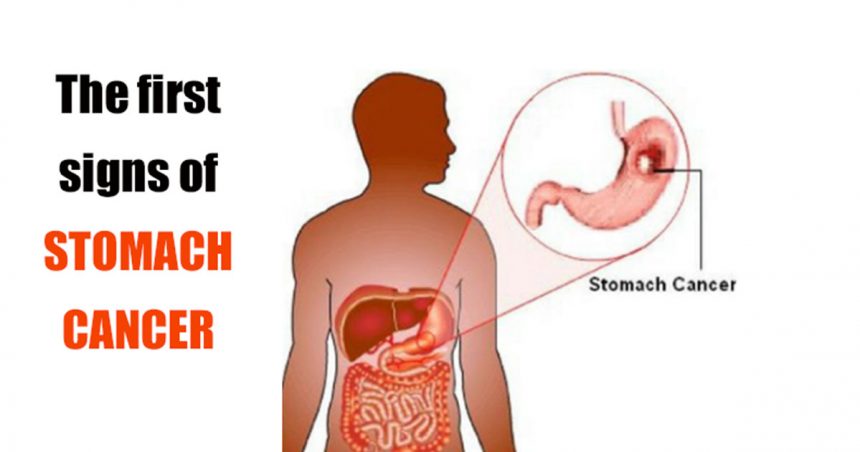Stomach cancer is a serious disease that can develop without obvious symptoms, making early detection challenging. By the time symptoms become noticeable, the cancer may have progressed to a more advanced stage, making treatment more difficult. Recognizing the early signs is crucial for improving the chance of successful treatment. Here are some early symptoms to watch out for:
Understanding Stomach Cancer
This issue arises from the uncontrolled growth of abnormal cells in the stomach lining, typically in the mucosal layer. The most common type is adenocarcinoma, originating in the gland cells that produce stomach fluids essential for digestion.
-
Indigestion and Heartburn
Frequent indigestion or heartburn that doesn’t respond to usual treatments could be an early sign of stomach cancer. These symptoms are often mistaken for common digestive issues, leading to them being overlooked.
-
Bloating After Meals
Feeling bloated or full after eating small amounts of food could also be an early indication. This occurs because the stomach tumor can physically obstruct normal digestion.
-
Nausea and Vomiting
Persistent nausea and vomiting, especially with blood in the vomit, are concerning symptoms. Blood in vomit may be bright red or look like coffee grounds, requiring immediate medical evaluation.
-
Unintentional Weight Loss
Losing weight without trying is a common symptom of various cancers, including stomach cancer. This can be due to the body’s inability to absorb nutrients properly because of the tumor.
-
Fatigue
Chronic fatigue that doesn’t improve with rest could be a sign to watch out for. This fatigue is often a result of anemia caused by the tumor slowly bleeding over time.
-
Difficulty Swallowing
As stomach cancer progresses, it can narrow the esophagus, leading to difficulty swallowing (dysphagia). This is more common when the cancer is located near the gastroesophageal junction.
-
Blood in Stool
Blood in the stool is another alarming sign. Stools may appear black and tarry due to digested blood, indicating bleeding in the stomach.
-
Abdominal Pain
Persistent pain or discomfort in the abdomen, particularly above the navel, can be an early symptom of stomach cancer. This pain is often mistaken for a common stomachache.
-
Loss of Appetite
A noticeable decrease in appetite or feeling full quickly after starting to eat can be a symptom of stomach cancer, leading to weight loss and malnutrition.
Risk Factors and Prevention
Several risk factors can increase the likelihood of developing stomach cancer, including gender, age, diet, smoking, alcohol consumption, H. pylori infection, and family history. Preventative measures involve adopting a healthy lifestyle, such as maintaining a diet rich in fruits and vegetables, avoiding processed and high-salt foods, quitting smoking, limiting alcohol intake, and managing H. pylori infections with medical help.
In conclusion, early detection of stomach cancer significantly improves the chances of successful treatment. Recognizing the symptoms, understanding the risk factors, and taking preventative measures can aid in catching the disease in its early stages. If you experience any of the symptoms mentioned, consult a healthcare professional for a thorough evaluation.






